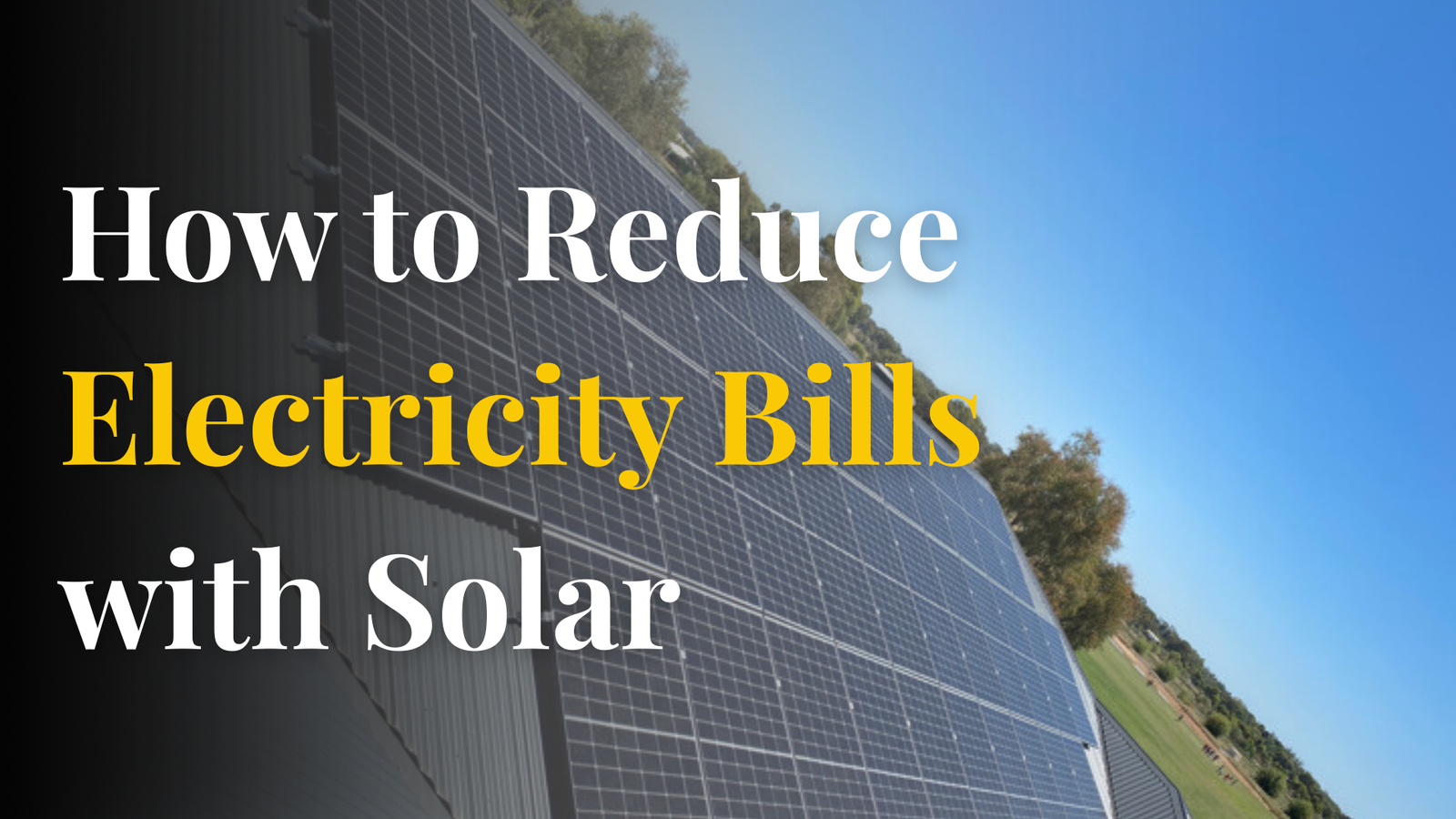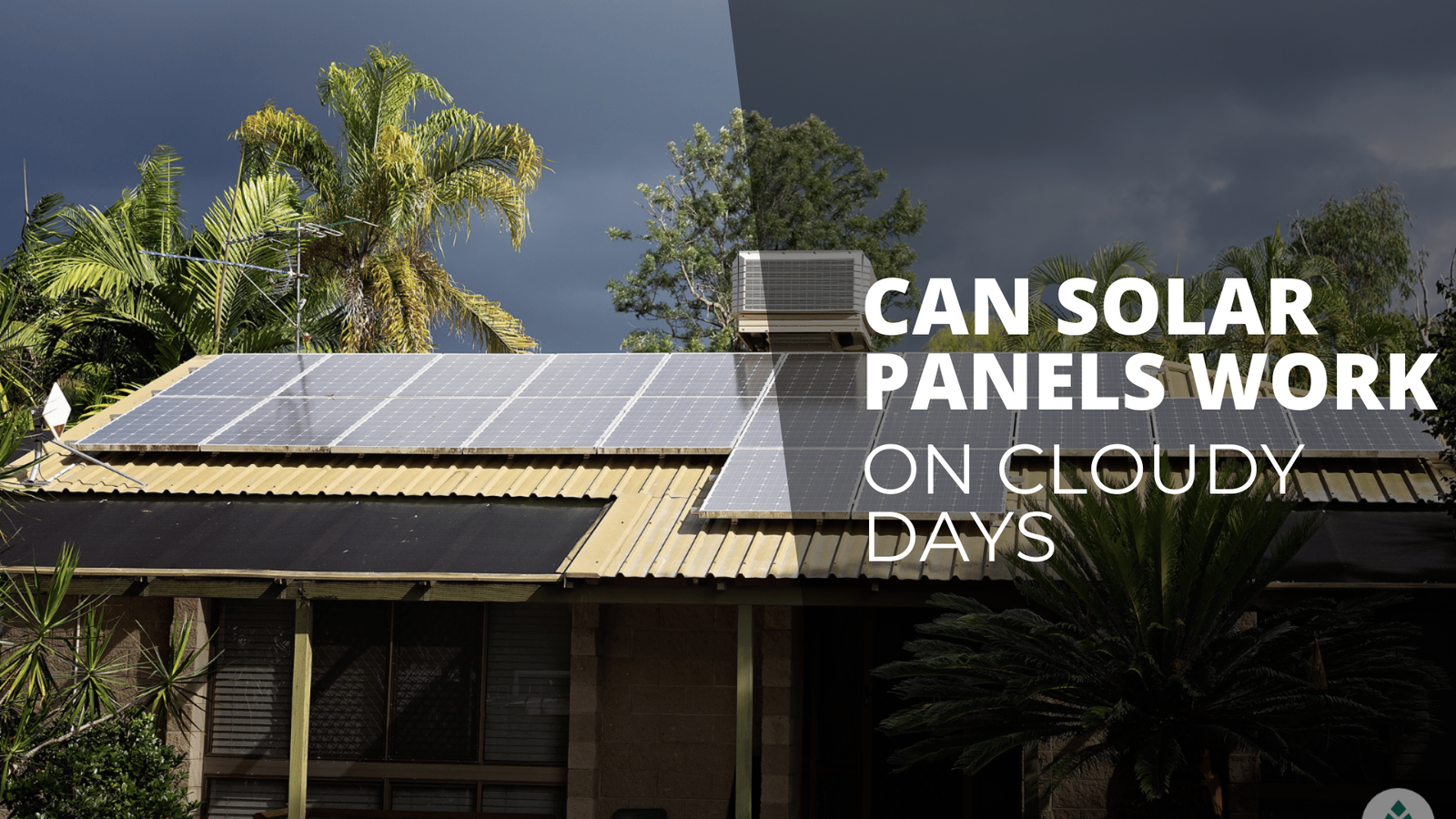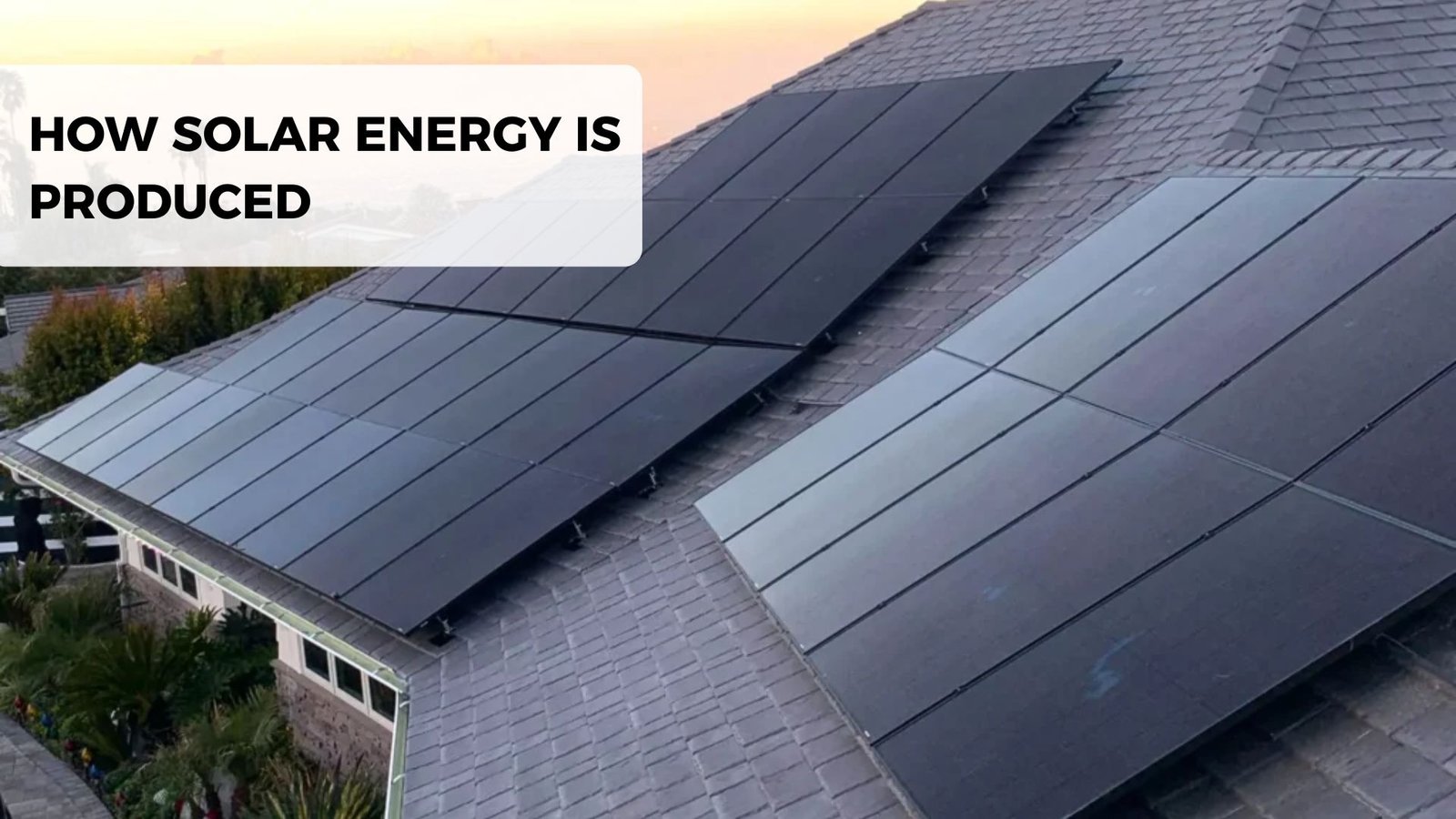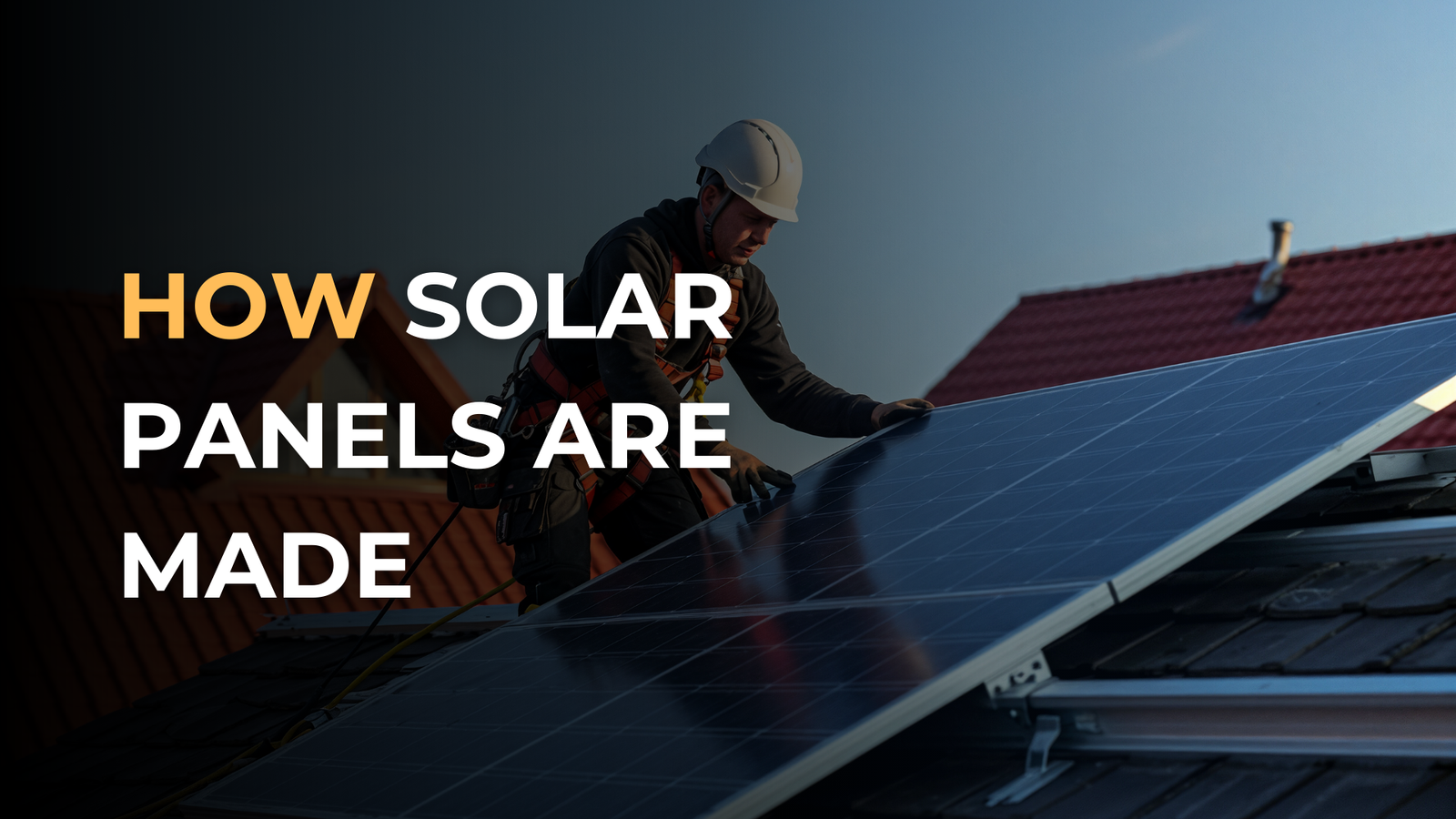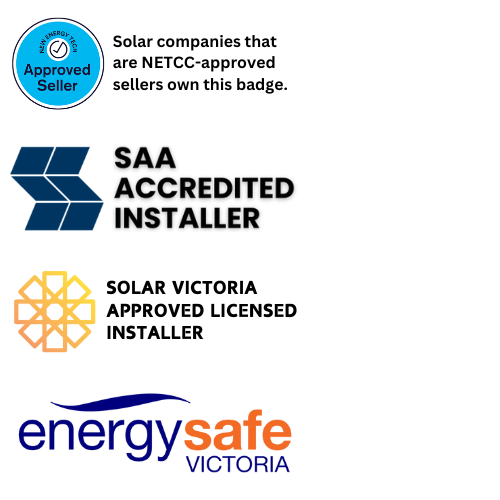How to Reduce Electricity Bills
If you are tired of rising power costs, switching to solar is one of the most effective ways to reduce electricity bills for the long term. At Electrical Masters, we provide complete solar solutions including solar panels, solar inverters, solar batteries, and heat pumps designed to cut your grid dependence and stabilise your energy costs.
Get a Free Quote
How Solar Reduces Your Electricity Bills
When you install a solar system from Electrical Masters, your rooftop becomes a mini power plant. Solar panels capture sunlight and convert it into DC electricity. A solar inverter converts that DC into AC power for your home or business. A solar battery stores excess energy for use at night or during power cuts. Heat pumps use electricity very efficiently to heat water or air, reducing your heating costs. Every unit of solar energy you generate and consume is one less unit purchased from the grid. Over time, this is how you consistently reduce electricity bills and protect yourself from future tariff hikes.
Solar Panels – The Foundation of Lower Electricity Bills
Solar panels are the heart of your solar system. The more efficiently they convert sunlight, the more your electricity bills drop.
Why Quality Panels Matter
At Electrical Masters, we recommend high efficiency, tier 1 solar panels because they generate more power per square metre, which is important if your roof space is limited. They have better performance in low light conditions such as early morning, late afternoon, and cloudy days. High quality panels also degrade more slowly over time, so your savings remain strong for many years.
Right Sizing Your Solar Panel System
To genuinely reduce your electricity bill, your solar system should be sized according to your average monthly consumption in kilowatt hours, your roof size, angle, and orientation, local sunlight levels, and your future plans such as electric vehicle charging, additional air conditioners, or business expansion. Electrical Masters performs a detailed load analysis to recommend a system size that matches your real needs, not too small to be ineffective and not unnecessarily oversized.
Solar Inverter – Turning Solar Power into Usable Savings
While solar panels generate electricity, your solar inverter does the critical job of making it usable and managing how it interacts with the grid.
Role of the Solar Inverter
- A solar inverter converts DC from solar panels into AC power for your appliances.
- It manages grid interaction, such as net metering or exporting power to the grid where allowed.
- It also monitors system performance and provides protection against faults or irregularities.
Why the Right Inverter Matters for Your Electricity Bill
A high quality solar inverter from Electrical Masters operates at high efficiency, so less energy is lost during conversion. It offers smart monitoring, allowing you to see how much solar power you generate and use in real time. It integrates smoothly with solar batteries and heat pumps, so your entire system is optimised as one unit.
When your inverter is efficient and properly matched to your solar panels and loads, you maximise the energy you use from solar and minimise what you draw from the grid, directly reducing your electricity bills.
Solar Battery – Use Solar Power Day and Night
Without a battery, excess solar power generated in the daytime is either exported to the grid where permitted or wasted. A solar battery changes that completely.
How a Solar Battery Reduces Electricity Bills
A solar battery allows you to store surplus solar power produced during daylight hours, use that stored energy in the evening and at night when your consumption is high, and reduce the need to draw expensive grid electricity, especially during peak tariff hours.
This is especially valuable where night or peak time tariffs are high, net metering is limited or unfavourable, or power cuts are frequent and you need reliable backup.
Battery and Heat Pump for Maximum Savings
By pairing a solar battery with an efficient heat pump, Electrical Masters can help you run your water heating and space heating as much as possible on stored solar power and reduce the portion of your electricity bill caused by conventional heaters and geysers. This combination gives you comfort, reliability, and savings together.
Heat Pumps – Cut Heating Costs with Efficient Technology
Heating water and indoor spaces is often one of the biggest contributors to high electricity bills. Traditional electric geysers and resistive heaters are highly power intensive. A heat pump is a much more efficient alternative.
How Heat Pumps Work
A heat pump uses a refrigeration cycle to move heat from the surrounding air or environment into water or indoor air. It uses far less electricity than standard electric heaters and is often three to four times more efficient.
In simple terms, if a standard heater uses around three units of electricity to deliver a certain amount of heat, a heat pump can often deliver the same heat with roughly one unit.
Why Electrical Masters Recommends Heat Pumps with Solar
When heat pumps run on solar power, your savings multiply. You reduce the grid electricity needed for water and space heating. Your overall electricity bill drops sharply, especially in homes and businesses with high hot water usage such as bathrooms, kitchens, laundries, hotels, and salons. You get consistent hot water and comfort with much lower running costs.
By combining heat pumps, solar panels, solar inverters, and solar batteries, Electrical Masters designs systems that significantly reduce your total energy spend.
Behaviour and Technology – Getting the Maximum Benefit
Even the best solar system delivers more value when paired with smart daily habits.
To maximise your solar generation, run washing machines, dishwashers, and other heavy appliances during daytime hours when your panels are producing the most. Schedule your heat pump to operate for water heating during periods of strong sunlight. Charge devices, power tools, and other equipment during the day rather than late at night.
When Electrical Masters installs your system, we can integrate monitoring tools so you can track how much solar energy you are generating, how much of that energy you are consuming directly, and when and how your battery is charging and discharging.
With this information, you can adjust your usage patterns to further reduce electricity bills over time.
Long Term Financial Benefits of Going Solar with Electrical Masters
Lower Monthly Bills and Higher Lifetime Savings
Once your solar system is installed, a major share of your power comes from the sun at no fuel cost. Your grid electricity bills decrease significantly. Over the life of the system, your savings often exceed the initial investment by a wide margin.
Protection Against Rising Tariffs
Electricity tariffs tend to rise over the years. With a solar system from Electrical Masters, you effectively lock in a large portion of your energy costs at a stable and predictable level. The more tariffs increase, the more valuable your solar based savings become.
Increased Property Value and Appeal
A well designed solar system, including panels, inverters, batteries, and heat pumps, can make your property more attractive to buyers or tenants. It demonstrates lower operating costs and a strong commitment to sustainability and serves as a long term asset rather than just another utility expense.
Frequently Asked Questions – Reducing Electricity Bills with Solar
Actual savings depend on your consumption, system size, and local tariffs, but many customers see reductions of around 40 to 80 percent in their monthly electricity bills after installing a properly sized solar system with Electrical Masters. Adding solar batteries and heat pumps can increase savings further by maximising how and when you use solar energy.
You do not always need a battery, but it helps. A grid tied solar system without a battery can still significantly reduce your daytime grid usage. However, a solar battery lets you use solar power at night and during peak tariff times, reduces your dependence on expensive grid power, and provides reliable backup during power cuts. For customers focused on maximum savings and independence, Electrical Masters often recommends including a battery.
Heat pumps are much more efficient than traditional electric geysers or resistive heaters. They move heat rather than generating it directly, which means they deliver the same comfort with much lower electricity consumption. When powered by your solar system, heat pumps can significantly reduce the share of your electricity bill caused by heating.
Electrical Masters offers a complete, integrated solar solution, including solar panels, solar inverters, solar batteries, and heat pumps. We design, supply, and install all components as a cohesive system to ensure performance, safety, and long term reliability.
We begin with a detailed assessment of your electricity bills and usage patterns, the types of loads you run such as air conditioners, motors, pumps, heating, or machinery, the available roof space and its orientation, and your budget and future expansion plans. Based on this, Electrical Masters designs a customised system covering panels, inverter, battery, and heat pump configuration aimed at maximising your savings and reducing your electricity bills as effectively as possible.
For most homeowners and businesses, the answer is yes. A solar system from Electrical Masters is a long term investment that can provide significant and ongoing reductions in monthly electricity bills, protection from rising tariffs and supply issues, improved property value and energy independence, and a cleaner, more sustainable energy footprint. Over time, the system can pay for itself through the savings it generates and then continue to deliver low cost power for many more years.
Final Thoughts
If you are serious about reducing your electricity bills, a well designed solar system is one of the most powerful solutions available. At Electrical Masters, we specialise in complete solar setups that combine solar panels, solar inverters, solar batteries, and heat pumps to give you maximum savings, comfort, and reliability.
By generating your own clean energy, storing it intelligently, and using it efficiently for heating and daily loads, you gain real control over your electricity costs, not just this month, but for many years into the future.
Talk to Our Expert
